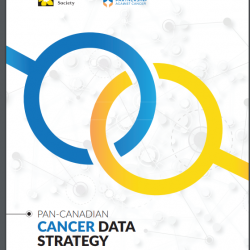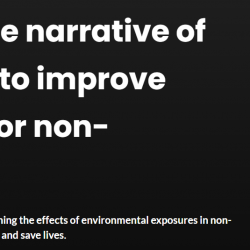Canadian Cancer Society – Data Saves Lives
“Data save lives. It’s as simple as that.” ? Thank you to the Canadian Cancer Society for having CanPath at the Cancer Data Community of Practice Workshop in Toronto this March. We were honoured to join this important conversation about improving Canada’s cancer data ecosystem because better data means better outcomes for all Canadians. Dr. Robin Urquhart, Atlantic PATH Scientific Director, says, “Data save lives. It’s as simple as that … How are we going to improve if we don’t know how we’re doing or if we don’t know where we have to improve, right? And data allows us to do that.” Dr. Donna Turner, Manitoba Tomorrow Project Scientific Director, says, “We really can’t manage what we don’t measure … We know that cancer data are actually relatively strong compared to other diseases, but we have so far to go.” A video from the Canadian Cancer Society of seven cancer stakeholders is available on LinkedIn.





